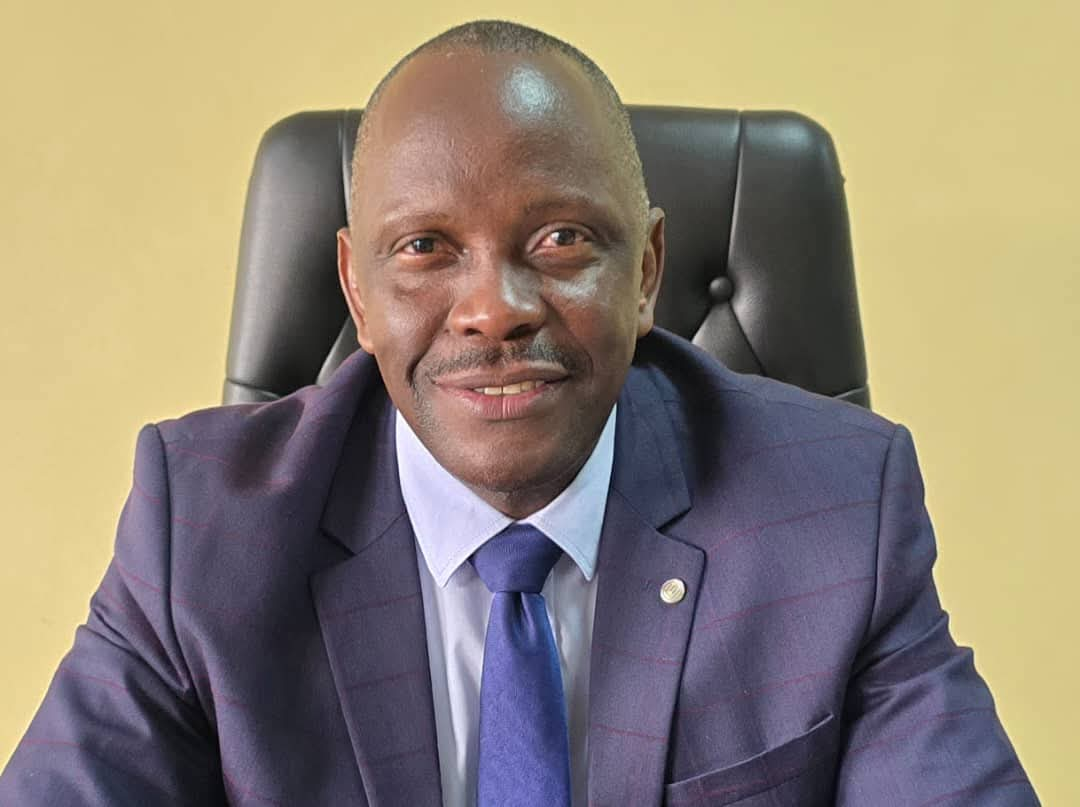Reported by: The Agency Media
Date: 13th April, 2024.
Lusaka, Zambia.
In a bold move to accelerate Zambia’s transition to renewable energy, the Ministry of Energy has announced a dramatic reduction in the approval timeframe for solar power projects—from over six months to just 48 hours.
This transformative policy shift is set to unlock rapid private sector participation and fast-track the nation’s goal of adding 1,000 megawatts (MW) of solar energy to the national grid by the close of 2025.
Energy Minister Hon. Makozo Chikote emphasized the government’s unwavering commitment to creating a dynamic and investor-friendly energy landscape. By eliminating bureaucratic delays, the Ministry is laying the groundwork for faster project execution, quicker returns on investment, and broader access to sustainable power across Zambia.
“This streamlined process is a game-changer,” Minister Chikote remarked. “It enables investors to proceed without unnecessary delays, thereby accelerating the expansion of solar power infrastructure and enhancing our energy security.”
The policy reform is part of a wider governmental strategy to attract robust investments in renewables by simplifying regulatory procedures and fostering a climate of transparency and efficiency. Recognizing that access to land remains a critical bottleneck, the Minister called on local authorities and traditional leaders to actively support solar initiatives by making land readily available for development. He underscored the importance of grassroots involvement to ensure the timely deployment of projects and equitable benefits for local communities.
Beyond procedural improvements, the Ministry is working to strengthen the investment climate through clear policy directives and the introduction of commercially viable, bankable power purchase agreements. This approach aims to make solar ventures not only feasible but attractive to both domestic and international investors.
The Ministry has also reaffirmed its openness to dialogue, welcoming technical consultations and innovative proposals that can enhance the nation’s electricity generation capacity. Minister Chikote encouraged all stakeholders to collaborate with the government in building a resilient energy ecosystem.
“Private sector engagement is pivotal,” he stressed. “We invite investors, innovators, and community leaders alike to seize this opportunity and help us create a greener, more energy-secure Zambia.”
This urgency is underscored by Zambia’s ongoing electricity deficit, severely exacerbated by the 2024 drought, which starkly exposed the vulnerabilities of over-reliance on hydropower. The resultant energy shortfalls have impacted both households and businesses, highlighting the need to diversify the country’s energy portfolio.
With solar energy poised to play a central role in Zambia’s energy future, these reforms represent a crucial step toward delivering reliable, sustainable, and climate-resilient power for all.
The Agency.

